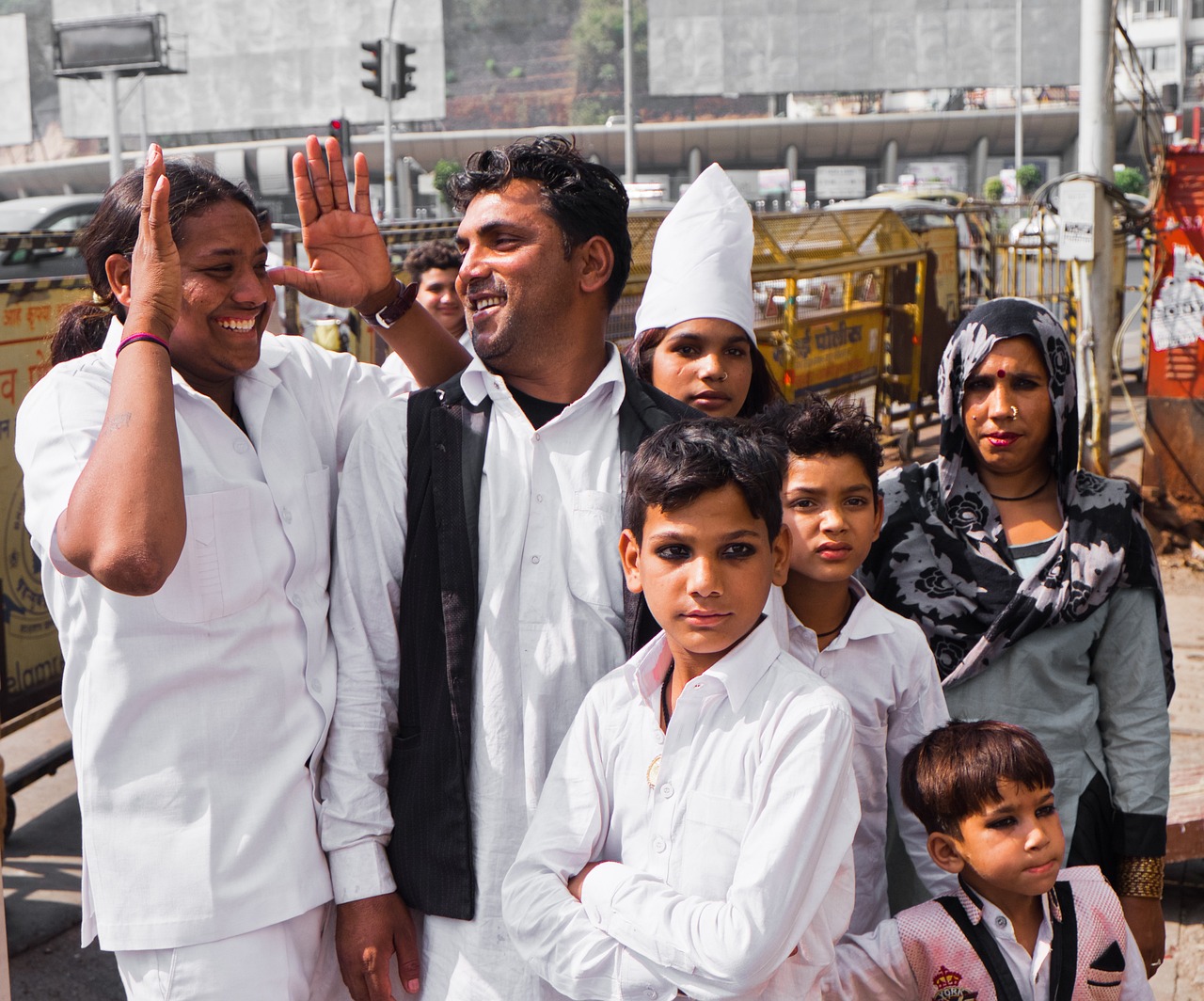The Impact of Social Media Misinformation on Election Integrity
Social media platforms have become breeding grounds for the spread of misinformation. With billions of users scrolling through their feeds every day, false information can easily be disseminated to a large audience within seconds. The rapid sharing of misleading content without fact-checking has heightened the challenge of combating the spread of misinformation online.
The lack of accountability on social media platforms exacerbates the issue, as users can hide behind the anonymity of the internet to amplify false narratives. Additionally, the algorithms of these platforms are designed to prioritize engaging content, regardless of its accuracy, further fueling the spread of misinformation. As a result, individuals are increasingly exposed to misleading information that can shape their perceptions and beliefs, ultimately influencing their decision-making processes.
The Influence of False Information on Voter Behavior
In today’s digital age, the dissemination of false information on social media platforms has become a pressing concern. Misinformation has the potential to greatly impact voter behavior, influencing decision-making processes in ways that can have far-reaching consequences.
When voters are exposed to false information, it can shape their perceptions of political candidates and issues, leading them to make ill-informed choices at the ballot box. This can undermine the democratic process by skewing election outcomes and perpetuating a cycle of disinformation.
How does false information spread on social media platforms?
False information spreads on social media platforms through individuals sharing posts, articles, and videos without verifying the accuracy of the information.
How does false information influence voter behavior?
False information can influence voter behavior by spreading misinformation about candidates, policies, and important issues, leading voters to make uninformed decisions at the polls.
What can be done to combat the spread of false information on social media?
To combat the spread of false information on social media, individuals should fact-check information before sharing it, social media platforms should implement stricter policies against misinformation, and users should be educated on how to identify and report false information.
How can voters protect themselves from being influenced by false information?
Voters can protect themselves from being influenced by false information by seeking out multiple sources for information, fact-checking claims before believing them, and critically evaluating the credibility of the sources they encounter on social media.





